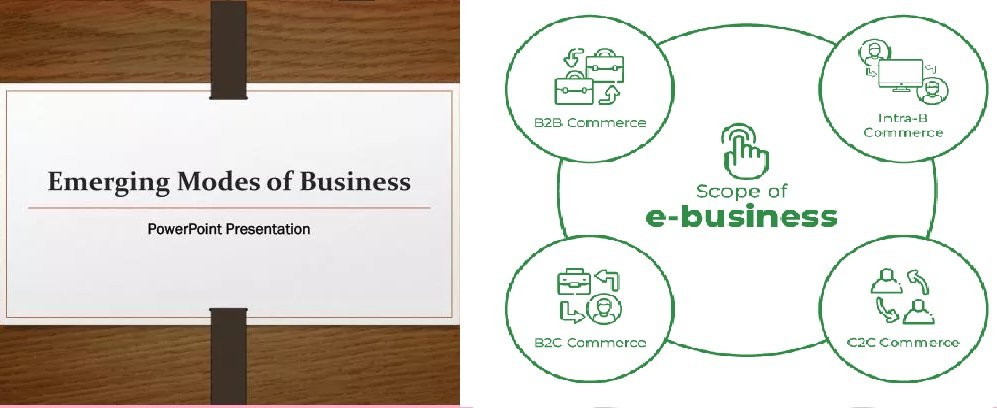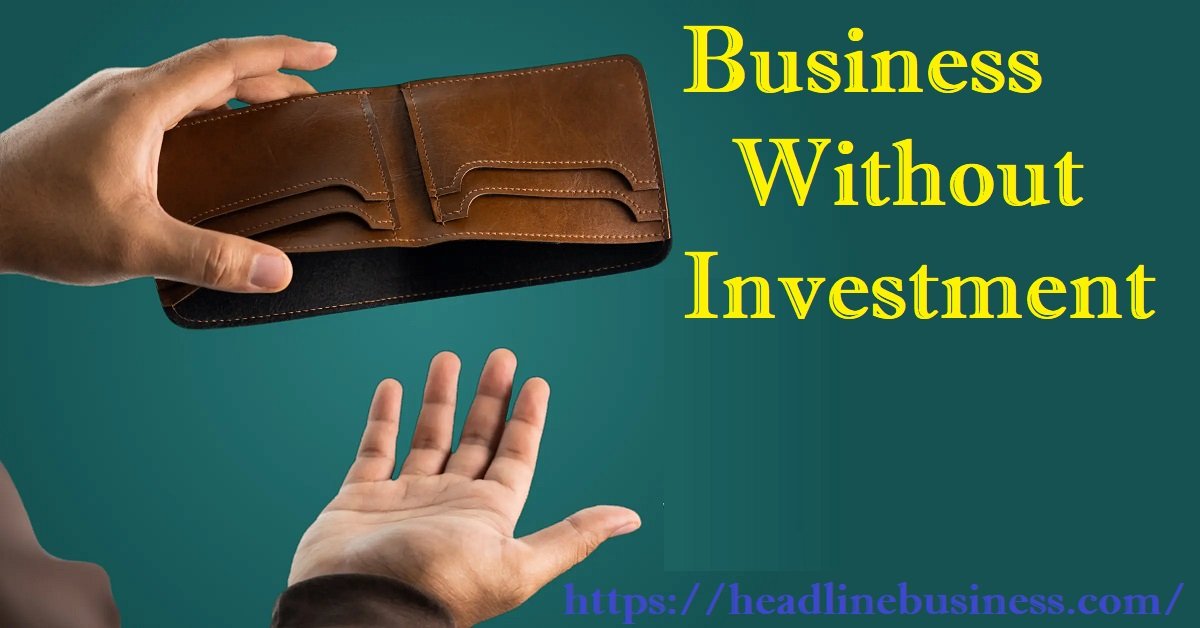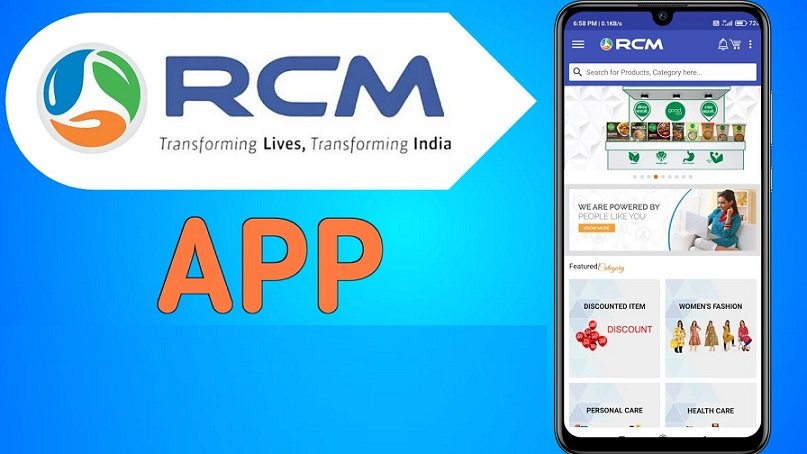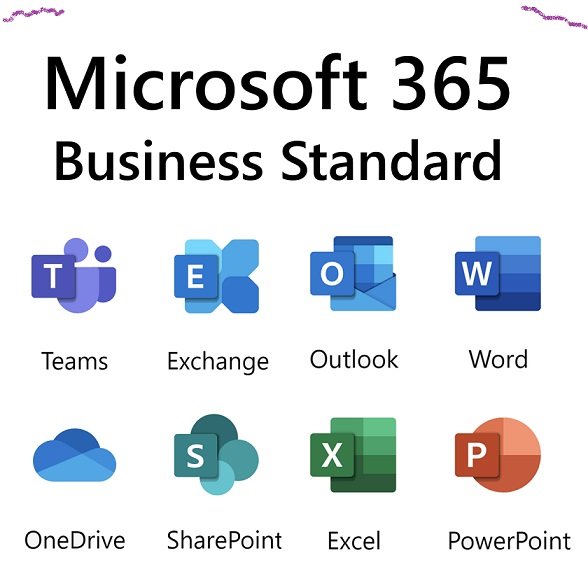Table of Contents
ToggleIntroduction to Emerging Modes of Business Class 11 Notes
In today’s fast-paced world, business has evolved rapidly. Traditional business methods have given way to more innovative and tech-driven models. For Class 11 students studying business, understanding the emerging modes of business is essential for grasping how modern enterprises operate. Emerging Modes of Business Class 11 Notes
This blog post will provide an in-depth analysis of the emerging modes of business, offering detailed explanations, examples, and key trends that have shaped the modern business landscape. Whether you’re preparing for your exams or looking to expand your business knowledge, these notes will serve as a comprehensive guide.
Table of Contents
- Introduction to Business Evolution
- Types of Emerging Business Models
- E-Commerce
- Digital Platforms and Marketplaces
- Subscription-Based Business
- Freemium Models
- Sharing Economy
- Impact of Technology on Business
- Artificial Intelligence and Automation
- Blockchain Technology
- Internet of Things (IoT)
- Social Media and Influencer Marketing
- Gig Economy: A New Way of Work
- Green and Sustainable Business Practices
- Globalization and International Business
- Future Trends in Business
- Conclusion
- Frequently Asked Questions (FAQs)
1. Introduction to Business Evolution
Business has always been about meeting consumer needs, but the way businesses operate has changed drastically over the years. The industrial age led to mass production and centralized business models, while the internet age introduced virtual businesses and global trade networks.
Emerging modes of business focus on leveraging technology, digital tools, and innovative strategies to enhance business operations. For Class 11 students, understanding these changes is vital as they represent the future of commerce.
2. Types of Emerging Business Models
E-Commerce
E-commerce refers to buying and selling goods and services over the internet. With the rise of platforms like Amazon, Flipkart, and Shopify, e-commerce has revolutionized the way businesses reach their customers. E-commerce platforms allow businesses to expand their customer base globally without the need for physical stores.
Examples:
- Amazon: One of the world’s largest e-commerce platforms, selling everything from books to electronics.
- Flipkart: An Indian e-commerce giant, competing with Amazon in the Indian market.
Digital Platforms and Marketplaces
A digital platform is an online space that allows businesses and consumers to interact. These platforms have disrupted traditional business models by enabling peer-to-peer transactions and offering access to a wide variety of services.
Examples:
- Uber: A ride-sharing platform that connects drivers with passengers.
- Airbnb: An online marketplace for booking accommodations.
Subscription-Based Business
Subscription-based business models involve customers paying a recurring fee for products or services. This model has gained immense popularity due to its ability to generate consistent revenue for businesses.
Examples:
- Netflix: Offers subscription-based streaming of movies and TV shows.
- Spotify: A music streaming service that operates on a subscription model.
Freemium Models
In the freemium business model, companies provide basic services for free, while charging for premium features. This model is widely used in the tech industry to attract customers and generate revenue through additional services.
Examples:
- LinkedIn: Provides free access to basic features but offers premium features for advanced functionalities.
- Dropbox: Offers free storage space but charges for higher capacities.
Sharing Economy
The sharing economy, also known as the collaborative economy, focuses on renting or sharing resources rather than owning them. This model encourages efficiency, cost savings, and sustainability by allowing people to share what they own.
Examples:
- Uber: Allows users to share car rides.
- TaskRabbit: A platform where individuals can hire others to help with various tasks.
3. Impact of Technology on Business
Technology plays a crucial role in shaping emerging business models. Businesses now leverage advanced technologies to improve efficiency, enhance customer experiences, and streamline operations.
Artificial Intelligence and Automation
AI and automation are transforming industries by optimizing processes, improving decision-making, and reducing operational costs. From self-driving cars to chatbots, AI is making businesses more efficient.
Examples:
- Chatbots: AI-driven tools that handle customer service queries.
- Robotics: Automation of manufacturing processes.
Blockchain Technology
Blockchain technology enables secure and transparent transactions without the need for intermediaries. This has revolutionized industries like finance, healthcare, and supply chain management.
Examples:
- Cryptocurrency: Digital currencies like Bitcoin operate on blockchain technology.
- Smart Contracts: Self-executing contracts where the terms are directly written into code.
Internet of Things (IoT)
IoT connects everyday devices to the internet, allowing businesses to collect and analyze data for better decision-making. This has led to smarter homes, smarter workplaces, and more personalized customer experiences.
Examples:
- Smart thermostats: Adjust temperature based on user preferences.
- Wearable health devices: Track physical activity and health metrics.
4. Social Media and Influencer Marketing
Social media platforms like Instagram, YouTube, and TikTok have become essential marketing tools for businesses. Influencer marketing, where businesses partner with influencers to promote their products, is one of the most effective strategies today.
Examples:
- Instagram Ads: Businesses target specific audiences using Instagram’s advertising tools.
- YouTube Influencers: Content creators promoting products or services to their followers.
5. Gig Economy: A New Way of Work
The gig economy is characterized by short-term contracts or freelance work as opposed to permanent, full-time jobs. With platforms like Upwork and Fiverr, individuals can now offer their skills and services to clients worldwide.
Examples:
- Upwork: A freelance marketplace where professionals can find remote work opportunities.
- Fiverr: A platform for freelancers offering services like graphic design, writing, and programming.
6. Green and Sustainable Business Practices
With growing concerns about climate change, businesses are adopting eco-friendly practices to reduce their environmental impact. This includes sustainable sourcing, waste reduction, and energy-efficient operations.
Examples:
- Tesla: A leading electric vehicle manufacturer promoting sustainable transportation.
- Patagonia: A clothing company known for its commitment to environmental sustainability.
7. Globalization and International Business
Globalization refers to the integration of global markets and cultures. Businesses are now able to operate across national borders, accessing new markets, resources, and labor forces.
Examples:
- Apple: A company that operates on a global scale, sourcing materials from different countries.
- McDonald’s: An international fast-food chain that adapts its menu to different cultures.
8. Future Trends in Business
The future of business will be shaped by ongoing technological advancements, shifts in consumer preferences, and evolving market dynamics. Key trends include:
- AI and Machine Learning: Further automation of tasks and improved customer experiences.
- Blockchain: Broader adoption in finance, healthcare, and logistics.
- Sustainability: Increased focus on green practices and sustainable products.
9. Conclusion
The Emerging Modes of Business Class 11 Notes represent a fundamental shift in how businesses operate. From e-commerce to sustainability and AI-driven automation, these trends are shaping the future of the business world. For Class 11 students, understanding these concepts is crucial not only for exams but also for preparing to enter a rapidly changing business landscape.
10. Frequently Asked Questions (FAQs)
- What are emerging business models?
- Emerging business models are new ways of conducting business that leverage technology, digital platforms, and innovative strategies.
- How does AI impact businesses?
- AI improves business efficiency by automating tasks, enhancing decision-making, and improving customer experiences.
- What is the gig economy?
- The gig economy refers to a labor market based on short-term contracts and freelance work rather than permanent, full-time employment.
Key Information in Table Form
| Business Model | Description | Example |
|---|---|---|
| E-Commerce | Buying and selling goods online | Amazon, Flipkart |
| Digital Platforms | Platforms for peer-to-peer interaction and transactions | Uber, Airbnb |
| Subscription-Based | Customers pay a recurring fee for products/services | Netflix, Spotify |
| Freemium | Basic service free, premium features at a cost | LinkedIn, Dropbox |
| Sharing Economy | Sharing resources instead of ownership | Uber, TaskRabbit |
| AI and Automation | Using AI and robotics for business optimization | Chatbots, Robotics in Manufacturing |
| Blockchain | Secure and transparent digital transactions | Bitcoin, Smart Contracts |
| IoT | Connecting everyday devices to the internet | Smart thermostats, Wearable health devices |




